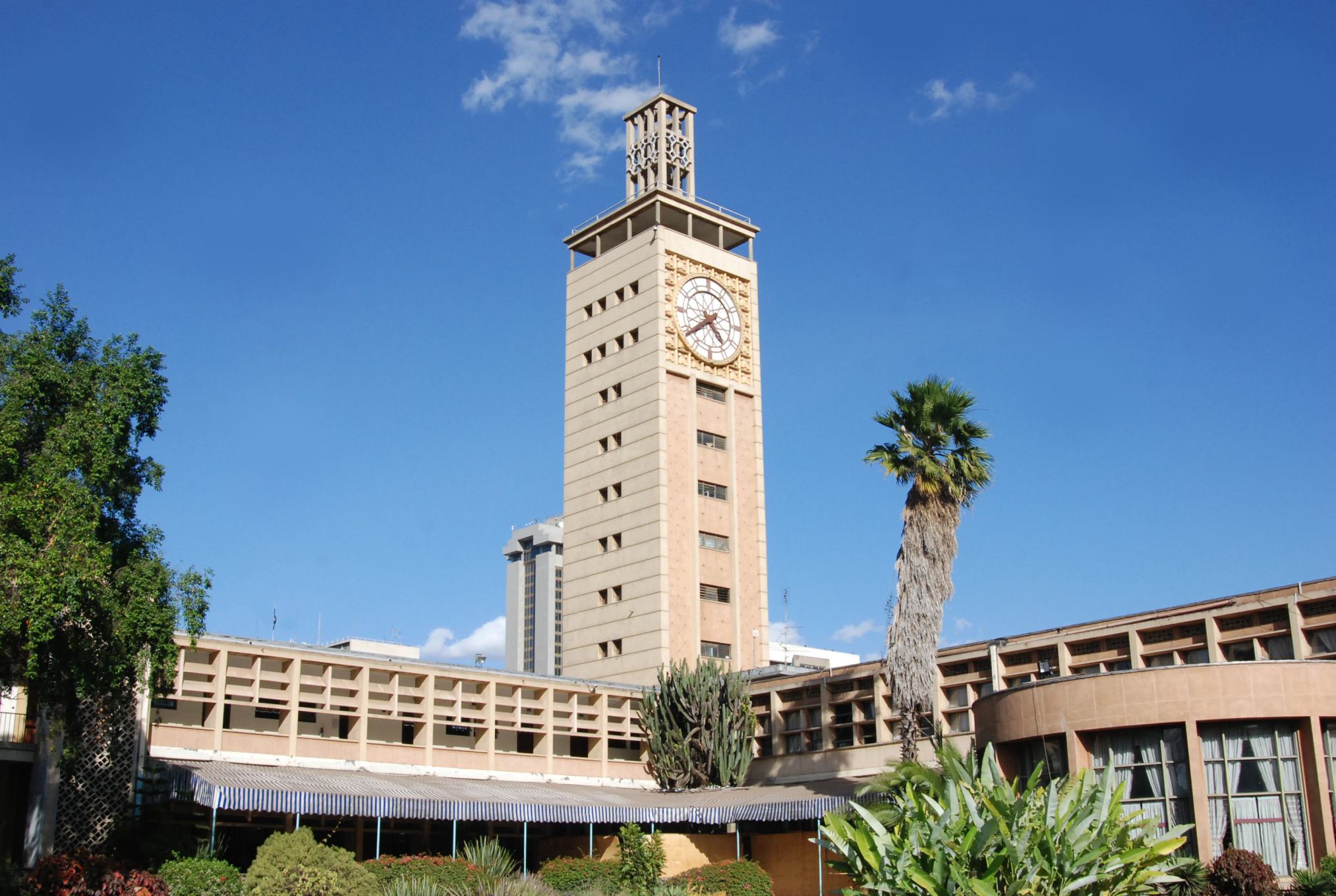Kenya’s top constitutional watchdogs are operating without the powers or resources to enforce their findings, a new parliamentary report has revealed, painting a grim picture of how oversight in government has been systematically weakened by legal loopholes, funding shortfalls, and a lack of cooperation from public institutions.
The report by the Constitutional Implementation Oversight Committee, tabled in the National Assembly, found that the Controller of Budget, the Auditor General, and the Commission on Revenue Allocation are unable to effectively execute their mandates. While the offices continue to generate reports with detailed recommendations, many remain unimplemented and ignored due to structural and legal barriers.
“The persistent culture of non-cooperation from regulated entities actively undermines oversight functions of the constitutional commissions and independent offices,” the report states.
The office of the Controller of Budget, in particular, is severely limited in its role. The committee pointed out that there are no legal provisions allowing the office to compel compliance with its recommendations or to sanction those who violate financial laws. A key example is the Housing Levy Fund, which raises around Sh63 billion annually but lies outside the Controller’s oversight due to how it is classified.
“This legal loophole prevents any independent oversight of the estimated Sh63 billion collected annually under this programme,” the report reads.
The Controller of Budget also lacks the authority to enforce compliance where counties operate illegal multiple bank accounts. Despite highlighting violations of the Public Finance Management Regulations by 31 counties, the office remains powerless to act. A similar scenario plays out in the case of pending bills, which have now reached Sh538 billion.
“While the Controller of Budget verifies and classifies pending bills as lawful obligations, the actual payment process excludes the office once the funds are released to spending entities,” the report states.
Additionally, the Controller of Budget Act, Cap 429, limits the office’s reporting scope, barring it from issuing reports on economic development and fiscal forecasts—despite these being areas the office should rightfully cover.
The committee has recommended urgent amendments to the Act to expand the office’s mandate, remove the existing reporting restrictions, and grant powers that allow enforcement of its recommendations. It also wants penalties introduced for non-compliance.
The Office of the Auditor General is facing a similarly bleak situation. The report cites Parliament as a major stumbling block, especially for failing to prioritise key legislative changes and neglecting debate on audit reports. Out of 50 performance audits presented to Parliament, only two have been debated—the 2023 Flood Response and the 2021 Services for Persons with Disabilities.
The committee said the lack of financial autonomy and operational independence is preventing the Auditor General from fulfilling its constitutional role. The office is currently allocated only 0.2 percent of the national budget—despite its workload having expanded significantly from 1,192 entities in 2016/17 to over 12,700 entities in 2023/24.
“The Office of the Auditor General ranks below its peers in Uganda and South Africa in financial autonomy. It receives 0.20 percent of the national budget, hindering mandate delivery,” the report notes.
To address this, the committee recommends that the budget be raised to 0.5 percent of national revenue, based on the most recently audited accounts. It also calls for the quick passage of the Public Audit (Amendment) Bill, 2024, which would allow the Auditor General to manage its own finances without going through government bureaucracy.
“Legislative interventions, particularly the expeditious passage of the Public Audit (Amendment) Bill, 2024, are critical to guaranteeing funding to the Office of the Auditor General and establishing an Office of the Auditor General Fund to ensure operational flexibility,” the report states.
The Commission on Revenue Allocation is also struggling, primarily due to lack of funds and enforcement powers. While its role in recommending equitable revenue distribution is crucial, the commission has no authority to ensure its proposals are followed.
Across all three institutions, the committee’s findings point to a deliberate erosion of independence and effectiveness—calling on Parliament to take responsibility and act fast to restore the constitutional strength of these oversight bodies.

